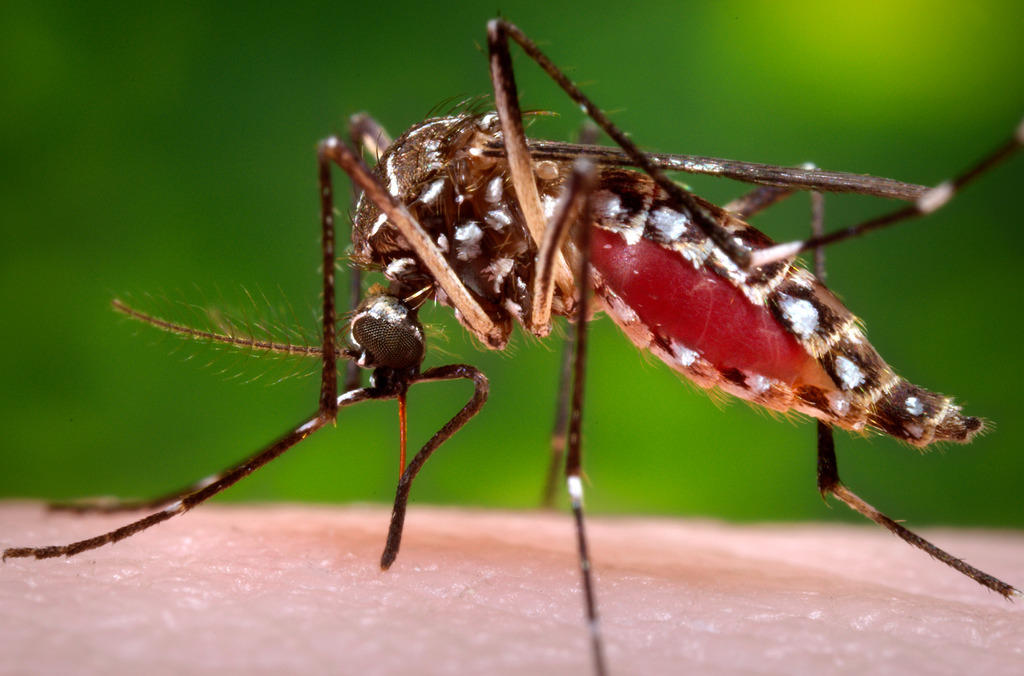Swiss scientists find ‘Achilles heel’ of malaria parasite

Scientists in Switzerland have uncovered a new method of fighting malaria, the parasitic disease endemic in tropical zones that kills around 500,000 people every year, mostly young children.
Researchers at the universities of Bern and Geneva have discovered the process by which the Plasmodium falciparum parasite invades host cells. They found that the parasite always uses two particular enzymes that firstly “act as molecular scissors” to cleave open the cell membrane and then stick it in place inside the cell.
The parasite’s “survival and spread crucially depend on the [its] ability to enter and exit the host cells”, states Volker Heussler, a professor from the Institute of Cell Biology at the University of Bern and co-author of the study, which features in the Science journal.
Scientists have also revived the use of an inhibitor that had previously been discarded as ineffective, but is now being viewed as the parasite’s “Achilles heel”. “Since this inhibitor blocks two enzymes rather than just one, the probability that both will develop resistance at the same time is statistically extremely low,” said Dominique Soldati-Favre at the University of Geneva’s Faculty of Medicine.
The study lays out the possibility of inhibiting the transmission of the parasite in human blood and the liver, and also to mosquitoes. Malaria is transmitted between humans through the bite of the female anopheles mosquito.
Furthermore, there is hope that the treatment could also treat toxoplasmosis, which is caused by a parasite that uses a similar method as plasmodium.
The study was supported by Switzerland’s Carigest Foundation, the Swiss National Science Foundation and the Swiss biopharmaceutical company Actelion

In compliance with the JTI standards
More: SWI swissinfo.ch certified by the Journalism Trust Initiative











You can find an overview of ongoing debates with our journalists here . Please join us!
If you want to start a conversation about a topic raised in this article or want to report factual errors, email us at english@swissinfo.ch.